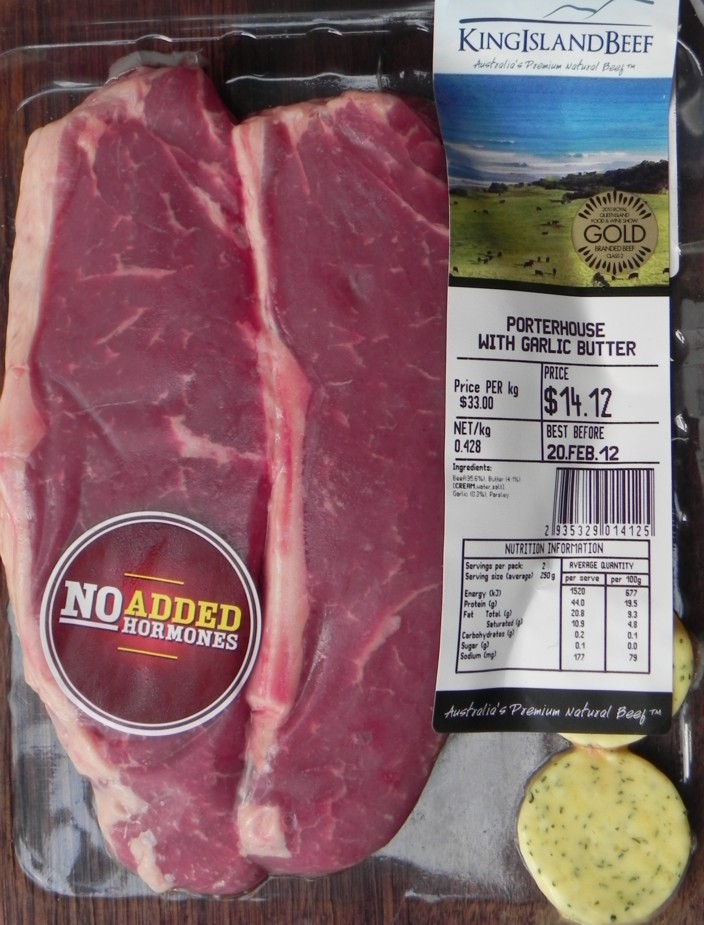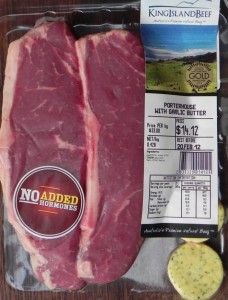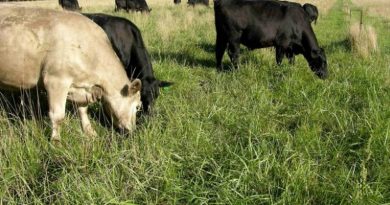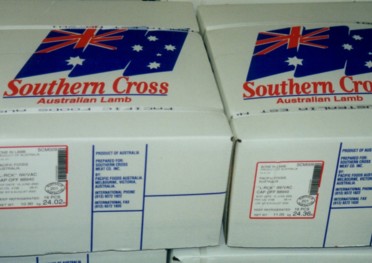Environment programs need ‘skin in the game’
By Patrick Francis
The controversy surrounding moves by the Australian Sustainable Beef Roundtable to introduce some sort of audited environmental management system for beef cattle production should be welcomed by beef farmers. While those who perceive the initiative as a threat to their way of farming, in reality it brings attention to changing requirements being put on the food supply chain by consumers.
But there are two major sticking points for the Roundtable’s initiative. Firstly it is being driven by the World Wildlife Fund which favours conservation over farming, and secondly it is likely to involve third party verification of environmental practices. WWF’s involvement is a negative because the practice of commercial food production is usually at odds with extreme conservationists agendas. They often don’t understand or accept change to ecosystem biodiversity equilibrium that is inevitable with farming.
Regenerative, holistic farming in conjunction with nature introduces new equilibriums of plants and animals compared to that which existed prior to agriculture starting. In many beef production areas in northern and centralAustraliathis is a sensitive issue as the changes to ecosystems are recent and reserve areas exist for comparison. The pressure on landholders is extenuated by government policy which also favours a “return to the past” as evidenced by some Carbon Farming Initiative methodologies that exclude grazing livestock.
Third party verification or auditing is always unpalatable to farmers unless all parties involved have “skin in the game”. In other words, auditing only becomes acceptable if there is a reward/recognition/privilege for producing outcomes that benefits consumers. Just likeMSAgrading gives beef an opportunity to compete in more markets and attract a premium from increased consumer demand, so to must an environmental credential. This is becoming apparent amongst Merino textile manufacturers where farms certified for animal welfare and environmental standards are gaining access to new clothing markets and/or premiums which were previously out of reach.
Hundreds of thousands of dollars were devoted to trial environment management systems amongst three beef groups in the early 2000’s. At the same time Victoria DPI and VFF piloted a self assessment based Environment Best Management Practice program. While these programs had considerable merit they failed the voluntary adoption test amongst farmers because other players further up the supply chain did not participate. Now AusGraze and Grazing BMP are being rolled out along similar lines and will follow the same fate after their funding stops.
In contrast, the Roundtable’s initiative has one advantage over these programs, its members include JBS Swift, Cargill and McDonalds, entities with “skin in the game”. Despite WWF involvement, with appropriate market incentives built-in for farmer suppliers this could result in a successful environmental branding initiative. But environmental credentials alone are not enough to draw brand loyalty, educating increasingly cynical consumers about what ecosystem services outcomes are actually being achieved must be an on-going part of the package. This is where the stories behind the farmers behind the brand are told.
Environmental and aspirational QA programs need to involve participants delivering products to consumers.




